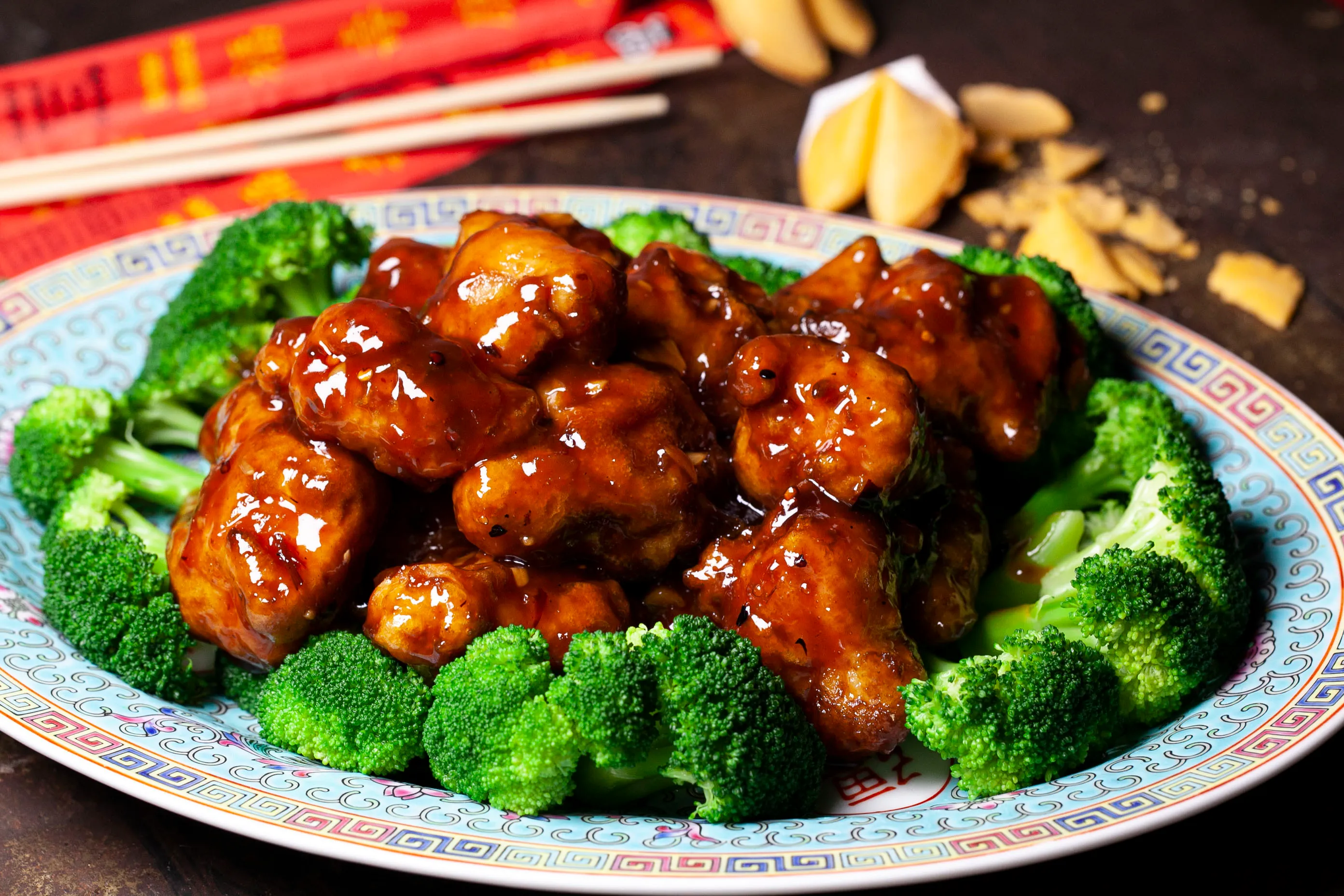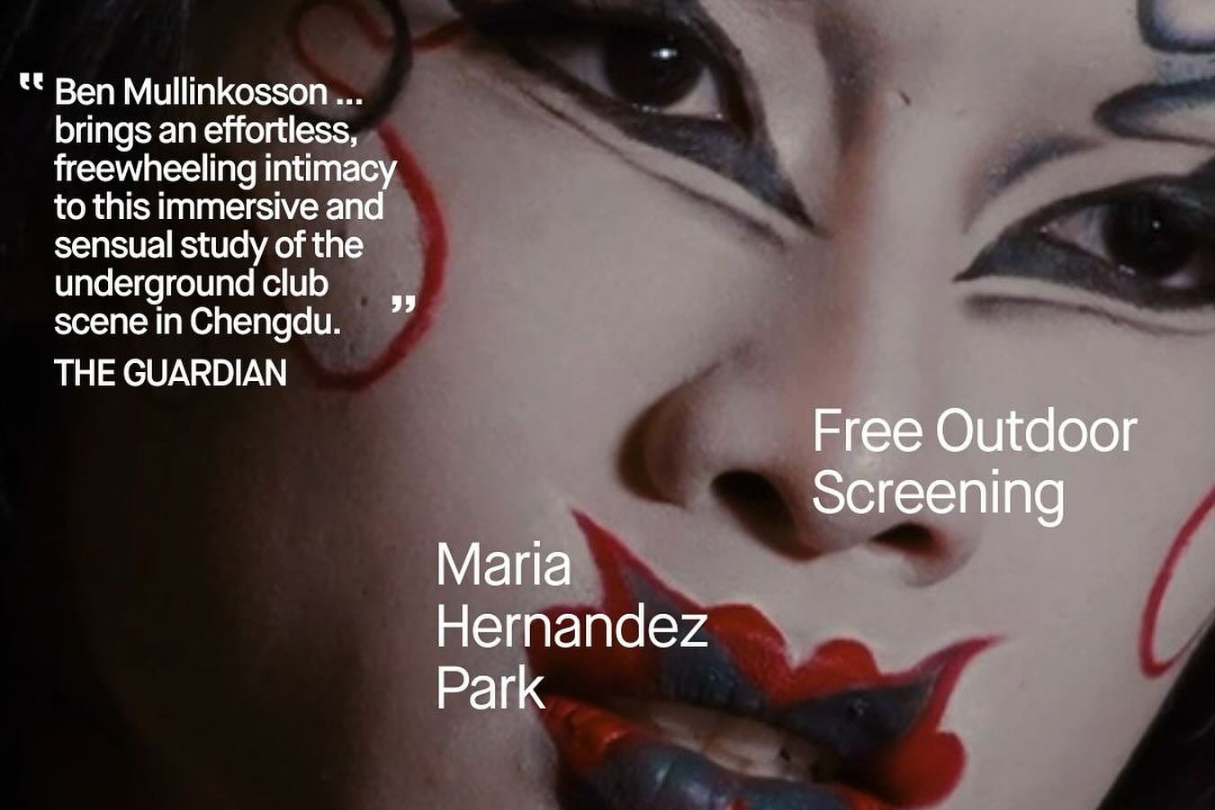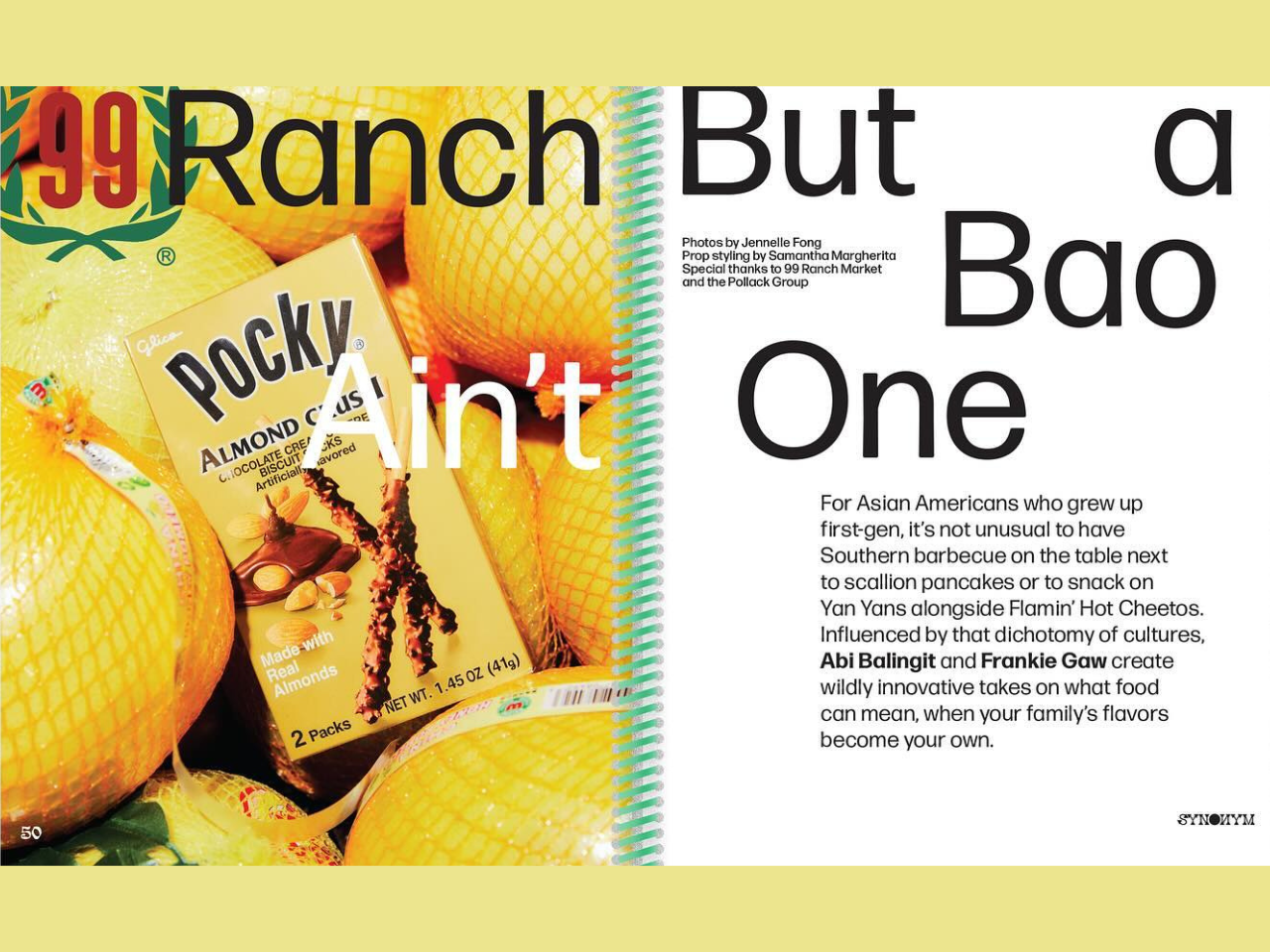Chinese immigrants in the US are no strangers to racism, but it’s a shame that simply experiencing it is not enough to imbue full knowledge of its insidious structure and history.
As Black Lives Matter protests rage across the United States and across the world, a fierce debate has erupted within the Chinese diaspora community thanks in no small part to Yale undergraduate student Eileen Huang’s passionate open letter to the community. While her call for solidarity between Black and Chinese people in America drew admiration across generations, there are also critics aplenty who find her descriptions of the rampant, normalized anti-Blackness within the community to be unfounded and unfair.
It’s not hard to understand why so many people within the American Chinese community are feeling defensive. After all, they belong to a marginalized group that is still bruised and hurting from the rampant anti-Asian sentiment fanned by the Trump administration, in an effort to distract from the US government’s shoddy handling of the Covid-19 response.
Related:
 A New Site to Report Racist Attacks Against Asian-Americans Received 1,000+ in Two WeeksPlus online hate speech directed at Chinese is up 900%, and there’s a growing list of incidents on Wikipedia from 38 countriesArticle Apr 06, 2020
A New Site to Report Racist Attacks Against Asian-Americans Received 1,000+ in Two WeeksPlus online hate speech directed at Chinese is up 900%, and there’s a growing list of incidents on Wikipedia from 38 countriesArticle Apr 06, 2020
Furthermore, they take enormous pride in the hard work they have put in and the sacrifices they have made to achieve success in America. Nobody likes to be called ungrateful when they never knew any labor but their own.
We respect hard work, they say, we respect ingenuity.
We respect the peaceful protest for the unlawful killing of George Floyd. But we do not support racial politics and the demand for special treatment. We do not support unlawful destruction of private property and altercations with the police.
Since the latest Black Lives Matter protests began, I have perused the comment sections of widely-shared articles on messaging app WeChat, as well as popular overseas Chinese forums such as creaders.net. On these forums, I find many seemingly moderate voices that fixate on a very narrow definition of fairness.
Namely, these highlight peaceful and orderly protest — Dr. Martin Luther King Jr. is mentioned so frequently that it is a tired cliché — cooperation with law enforcement, and earning respect and positive change through hard work. Instead of Dr. King, the name they ought to have mentioned is Booker T. Washington, who advocated for Black Americans to elevate their status by working within the racist system. Washington’s perspective on underdog upward mobility is not so different from what the Model Minority Myth preaches — that polite, law-abiding hard workers can flourish in America, and that systemic racism can be dismantled by personal excellence.
Related:
 George Floyd Killing Prompts Debate, Racism and Solidarity on Chinese Social MediaProtests in the US continue to be discussed widely in ChinaArticle Jun 04, 2020
George Floyd Killing Prompts Debate, Racism and Solidarity on Chinese Social MediaProtests in the US continue to be discussed widely in ChinaArticle Jun 04, 2020
All this hand-wringing over disorder and destruction sounds all too familiar to me, because this is what many white Americans have been saying in criticism of the Black Lives Matter protests. Rather than focusing on the tragic indignity of George Floyd’s death, many white commentators bemoan the violation of buildings and merchandise. In echoing these sentiments, the Model Minority Myth rears its ugly head, as this subset of Chinese American’s yearning for “whitening” is put on full display while they co-opt white American values for their own.
I grew up listening to my parents tell me how my Asian work ethic can open every door I wished to open. It took me decades to realize how this is not what a level playing field looks like.
To see so many Chinese Americans defend the American status quo and legitimacy of the law enforcement system tells me they view themselves as beneficiaries of a system that Black Lives Matter protestors view as fundamentally broken.
They see the police as embodiments of the law and protectors of their rights and property, rather than abusers of their authority and violators of citizen rights.
Yet it was not so long ago when Chinese Americans took to the streets to protest Officer Peter Liang’s sentencing following the fatal shooting of Akai Gurley. The truth is, those who demanded justice for Officer Liang were specifically indignant that Liang was not given the privileged treatment of a white officer, and that unchecked police brutality against people of color was not seen as a problem then or now, as hundreds of thousands mourn the murders of Breonna Taylor and George Floyd and demand justice.
But beneath the claim for white privilege these Chinese Americans seek, there is palpable fear. In a conversation with Eileen Huang on the phone, we discussed among other things, Chinese Americans’ profound insecurity in American society, despite the intense pride they feel for their achievements.
“Well off Chinese Americans are afraid of losing all the wealth and privilege they have amassed from working within the racist structure,” says Huang.
“They’d even say they have never been discriminated against, because they’re afraid of losing their access to property and higher education if they challenge the way society works now.”
This fear goes even deeper, because even for people in denial, subconsciously they must feel the weight of the devil’s bargain they have struck. Deep down, they feel the powerlessness in only being permitted to access upward mobility by yielding to white supremacy, that complicity in systemic racism is required if they want to be partially shielded from its harm — at the expense of those the system preys upon. To align with those who are maligned would be the end of the steady supply of delights of white adjacency, in exchange for a future of uncertainty full of hard, uphill battles.
You may also like:
 From W.E.B. Du Bois to the Panthers: A History of Black Americans in ChinaBlack Americans have been developing connections with China since the 1930s, well before the founding of the People’s RepublicArticle Feb 27, 2019
From W.E.B. Du Bois to the Panthers: A History of Black Americans in ChinaBlack Americans have been developing connections with China since the 1930s, well before the founding of the People’s RepublicArticle Feb 27, 2019
Huang thinks it is this fear that limits Chinese Americans from their full potential.
“We have so much more to gain if we let go of the small gains of offered by white adjacency,” she says, her voice filled with hope.
As my father once told me, “every non-white person is on the same side.” I hope more Chinese Americans find their place beside Black Lives Matter protestors, where they belong.
Header image: Cooper Baumgartner via Unsplash


















